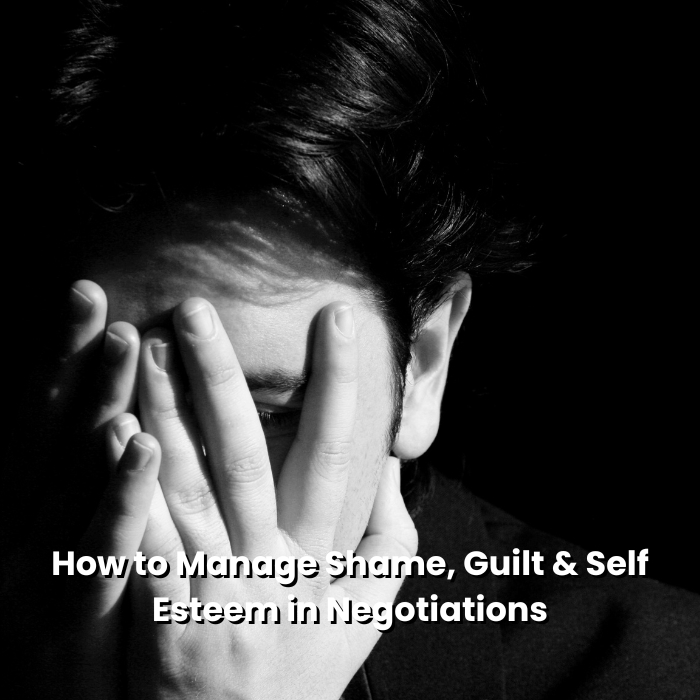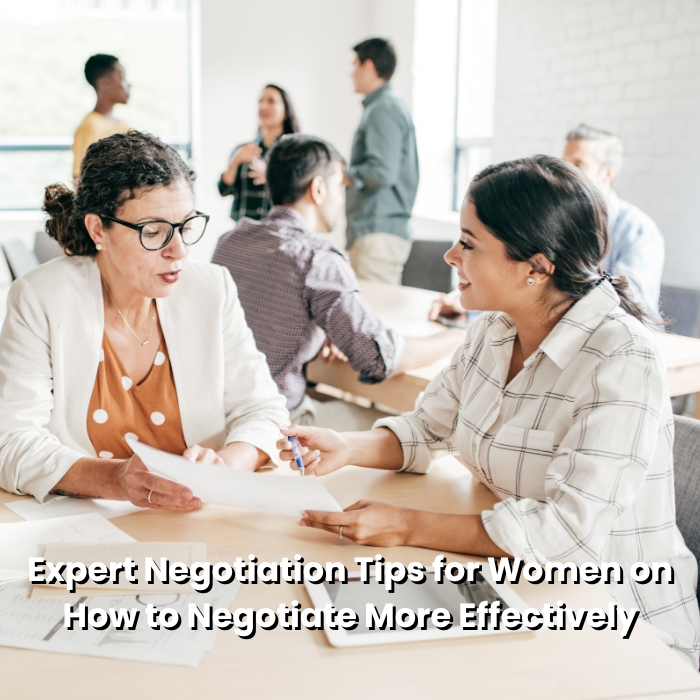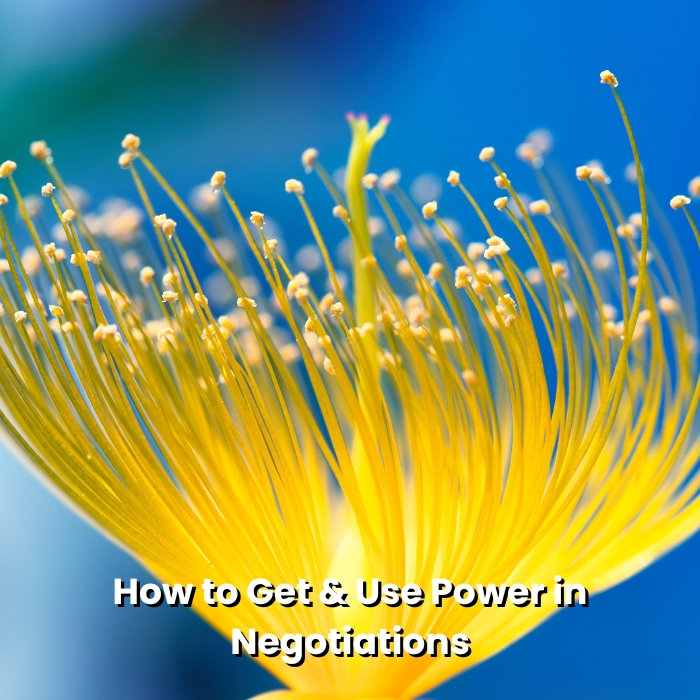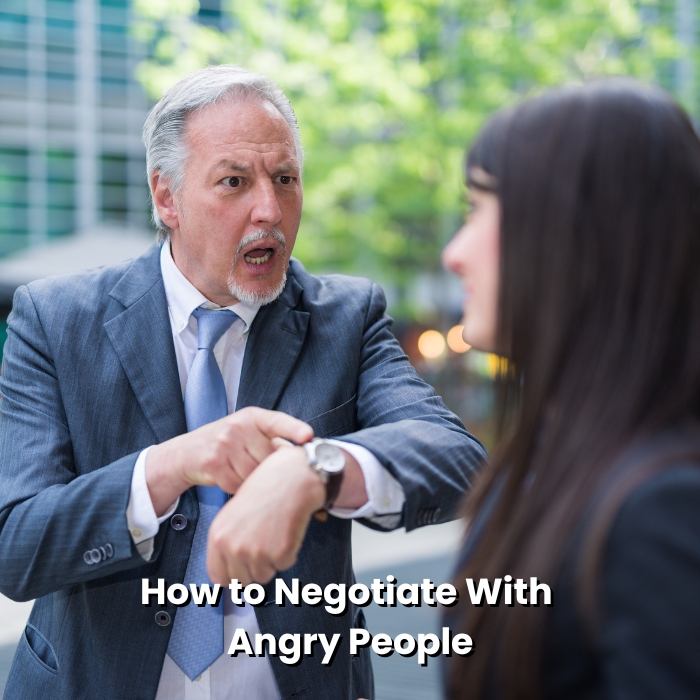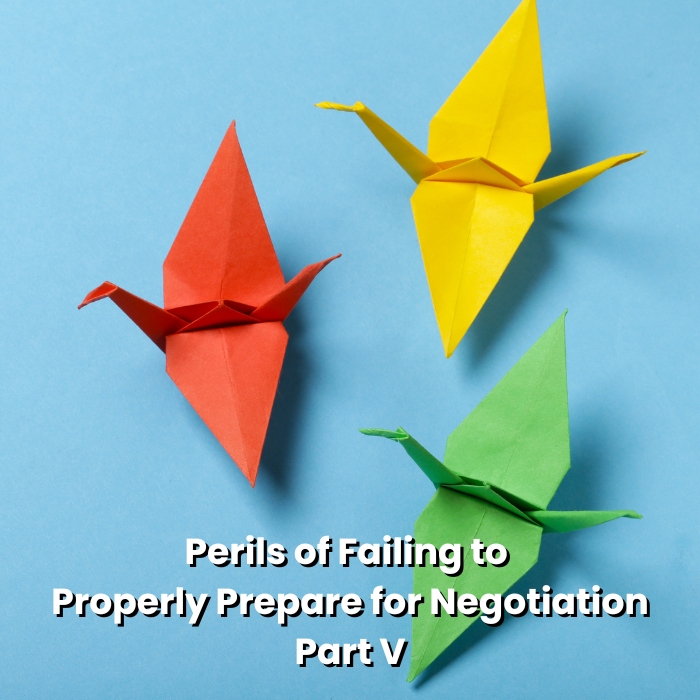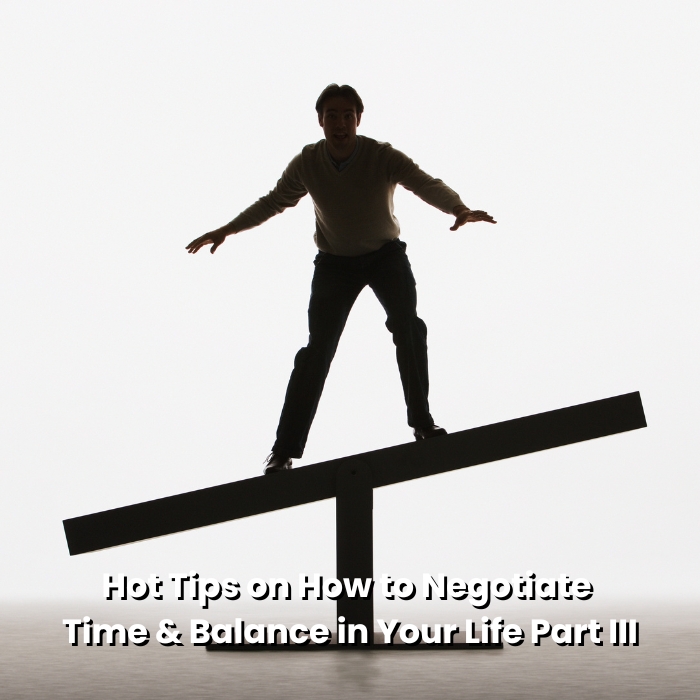
If you find yourself lamenting the lack of balance in your life and are beginning to believe it’s a myth, an unachievable fantasy, then read on! In this series, we offer up simple, game-changing strategies you can invoke to introduce more balance in your life. The key is getting intentional and negotiating this balance so you can focus on the things that matter most to you.
In Part I, we debunked the myth that there’s no such thing as work-life balance; considered who you need to negotiate with; explored what you may be tolerating that’s sabotaging your chance at balance; addressed the importance of saying ‘no’; and rekindled your desire to find purpose.
In Part II, we uncovered enhanced goal setting strategies, discussed being present, knowing your boundaries, and setting your priorities.
Today, we continue with advice on how you can maintain that seemingly elusive and delicate balance by tackling how you can better manage your time.
VIII Time Audit
In the last article I shared the vase experiment and reminded you of the importance of ensuring that you get your ‘big rocks’ (priorities) into your vase of life each day. To help you out with that, I invite you to do a time audit. It may feel awkward or uncomfortable but it’s worth the effort.
For one week, take an audit of everything that you do. Audit your time like a lawyer – track it in six-minute increments (yes, we actually do that). Every hour has 60 minutes. So, every six minutes is 0.1 of an hour. Diligently track where you’re spending all your time. Include the time you work, sleep, run errands, do dishes, housework, surf the internet, watch T.V., entertainment time, etc. Whatever you do, audit and record it for a full week.
At the end of the week, examine where your time is going. If you’re looking for more balance and harmony in your life, it’s critical to know where your time is currently going. If you’re like most people, you’ll be shocked at the inordinate amounts of time disappearing on things you would never have characterized as priorities.
Then I invite you to break down your audited time into three categories: (i) things you love to do, (ii) things you don’t mind doing, and (iii) things that you really do not enjoy. Take each of the entries from the week prior and place them under the appropriate category. Again, if you’re like most people, you’re in for a rude awakening about the amount of time you spend doing things you don’t enjoy at all.
To redress that disconnect, find a way to eliminate, delegate or automate those items under the ‘don’t like’ column. Get them off your list. Learn to say ‘no’. Free up time for more yeses to things you love.
Eliminate
Delegate
Automate
Your calendar ought to reflect your priorities. Once you start acting with more intention in this regard, you will become more equipped to say ‘no’. It’s empowering to have your priorities scheduled in writing. And it allows you more comfort to say ‘no’ based on scheduled prior commitments consistent with your real-life priorities.
IX Energy Audit
In conjunction with the time audit, I also like to recommend an energy audit. As you explore those activities that take up your time in the week, also make note of which activities give you energy versus those that drain your energy. Evaluate whether the energy expenditure is worthwhile and if it adds value to your life.
Ensure that you are leaving energy for those priorities that most matter to you. And at a minimum, get intentional about building in time to replenish energy between activities. In other words, build in proactive recovery time to ensure you can always show up as the best version of yourself, not depleted or exhausted. In addition to allowing for rest time, ensure you build in re-energizing activities into your schedule. In that way, you can increase the balance and harmony in your life.
X Time Blocks
As you’re getting more intentional about your time and how and where you spend it, I also recommend you consider building time blocks into your routine. For most people 90-minute blocks are the optimal stretch to remain at full focus and productivity. Beyond that, our attention and effectiveness begins to dwindle. You can use that knowledge to your advantage.
In addition to determining your life priorities (as discussed above), each day, determine your daily priority projects. Once you’ve determined those priorities, set 90-minute blocks of time for each. This allows you to remain focused on each project and allows breaks between projects to replenish and re-energize.
Note that they’re called time ‘blocks’ for a reason. During each time block, ensure you do not allow any other distractions. Do not answer your phone. In fact, turn off the ringer. Silence notifications on your computer, laptop, and other devices. Notify everyone that these are ‘do not disturb’ times.
For every distraction or disturbance, it takes the average person ~20 minutes to refocus according to studies. It’s amazing how much more productive you’ll be when you allow yourself the luxury of blocked time. With more productivity and efficiency comes increased balance and harmony.
This week we focused on simple tricks for time & energy management to help improve your balancing act. We’ve offered some tools so you can make conscious, guilt-free choices about where you spend your time so you can manage your schedule with greater ease and fulfillment.
Stay tuned next week for our final installment as we tackle internal blocks, environment and comfort zones to leave you better positioned to find more balance and harmony in your life.



